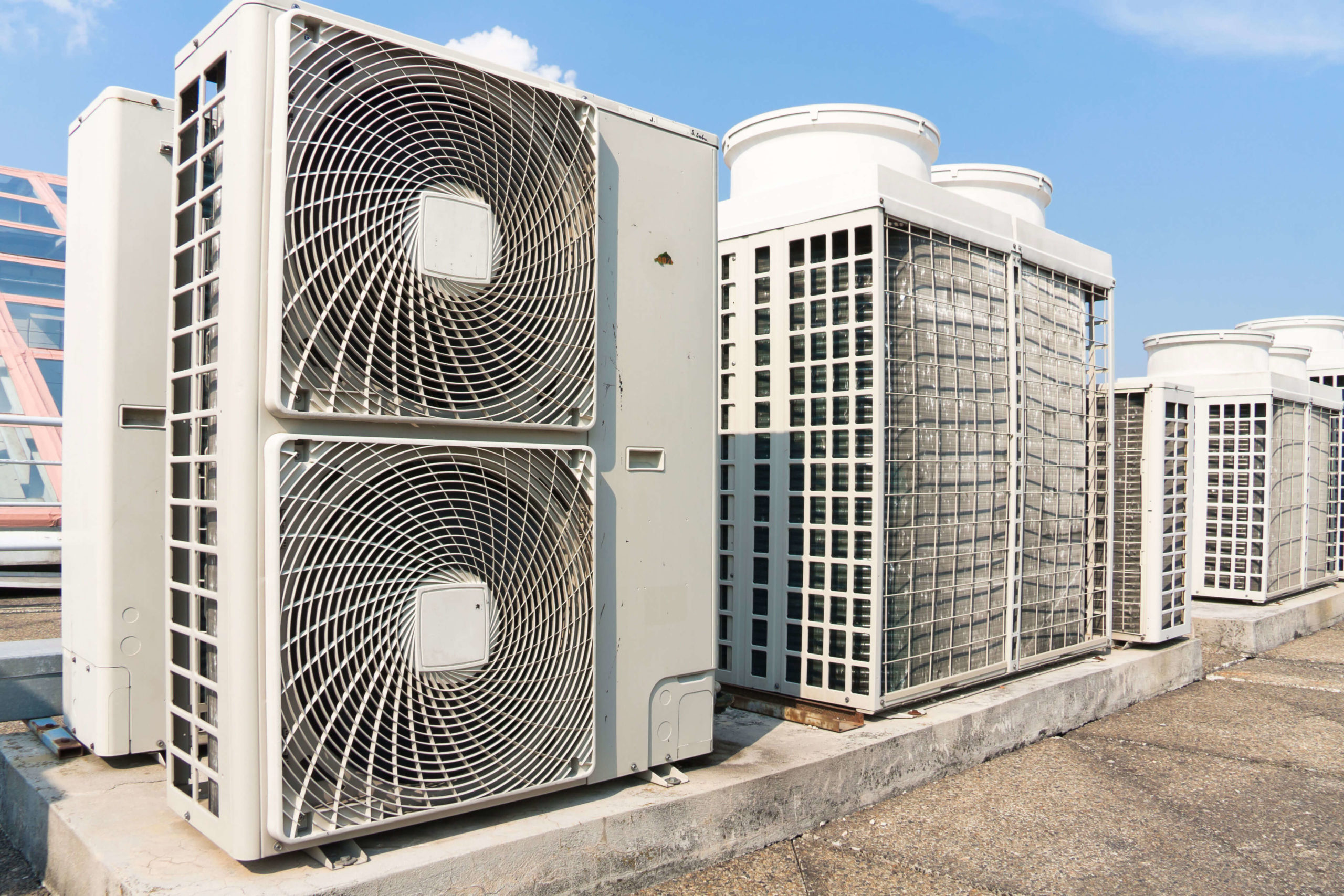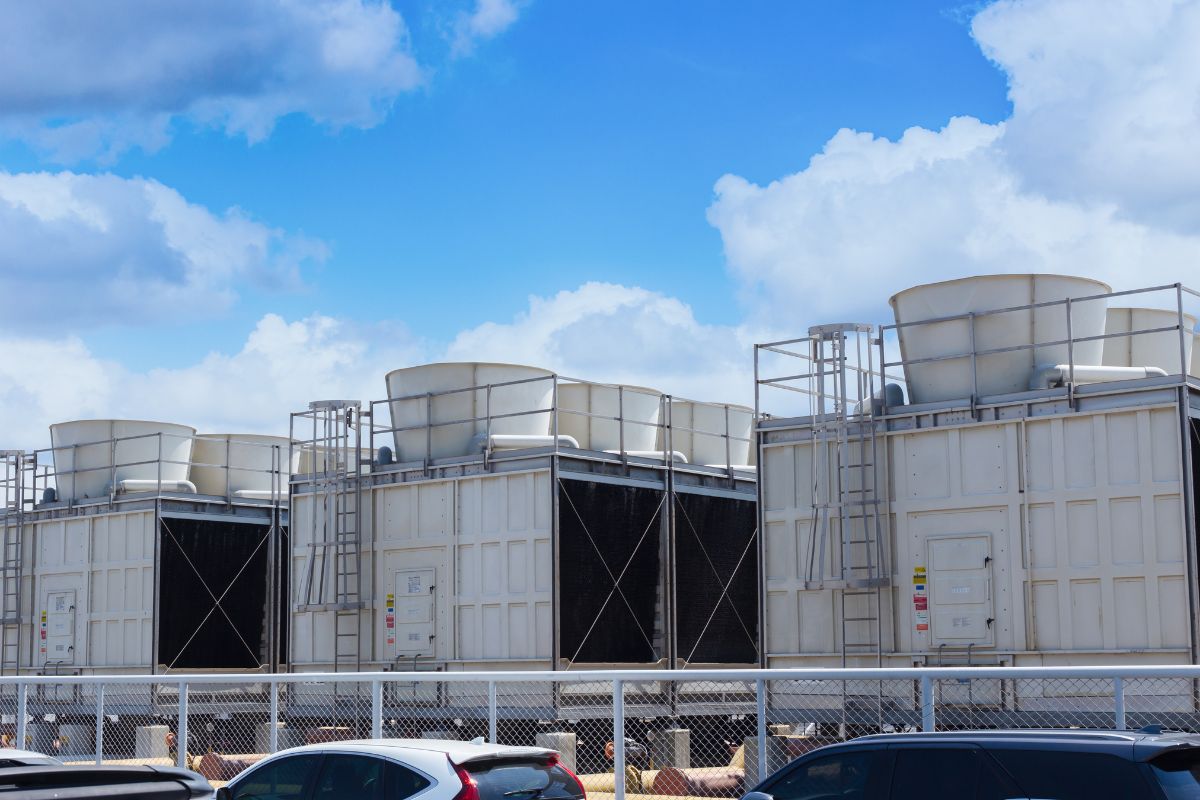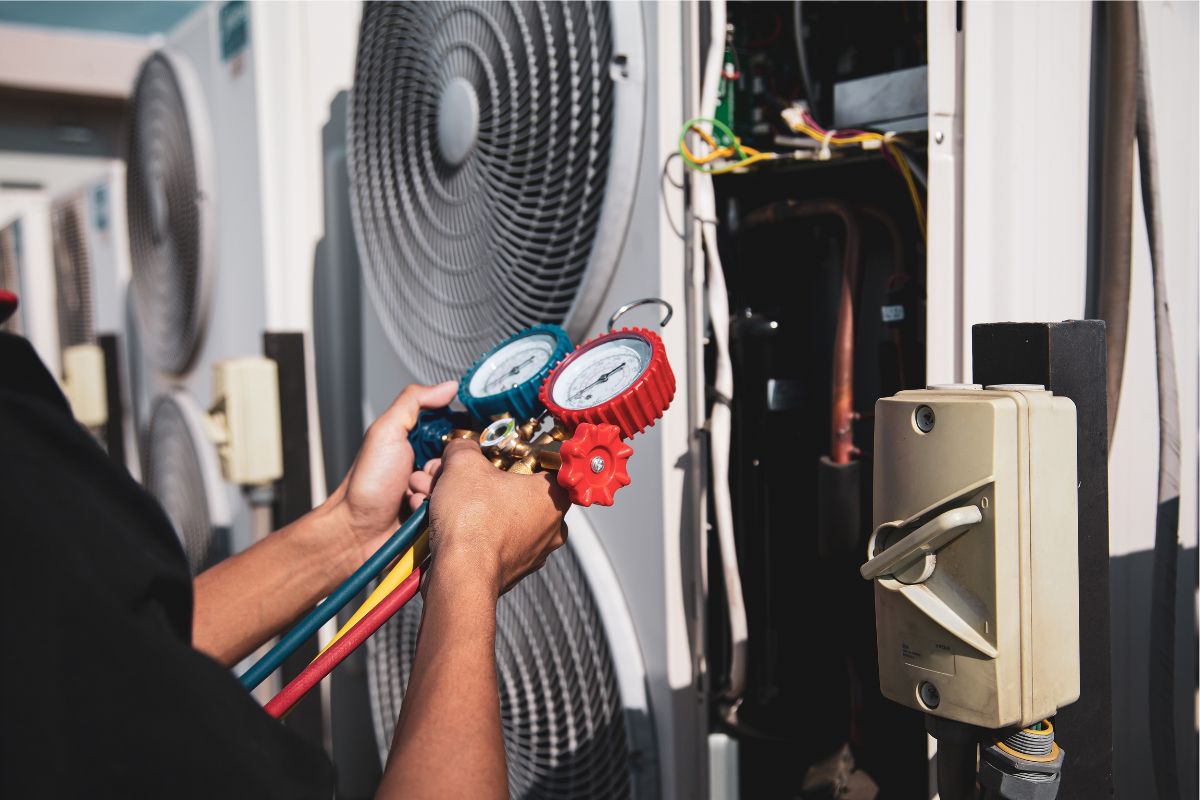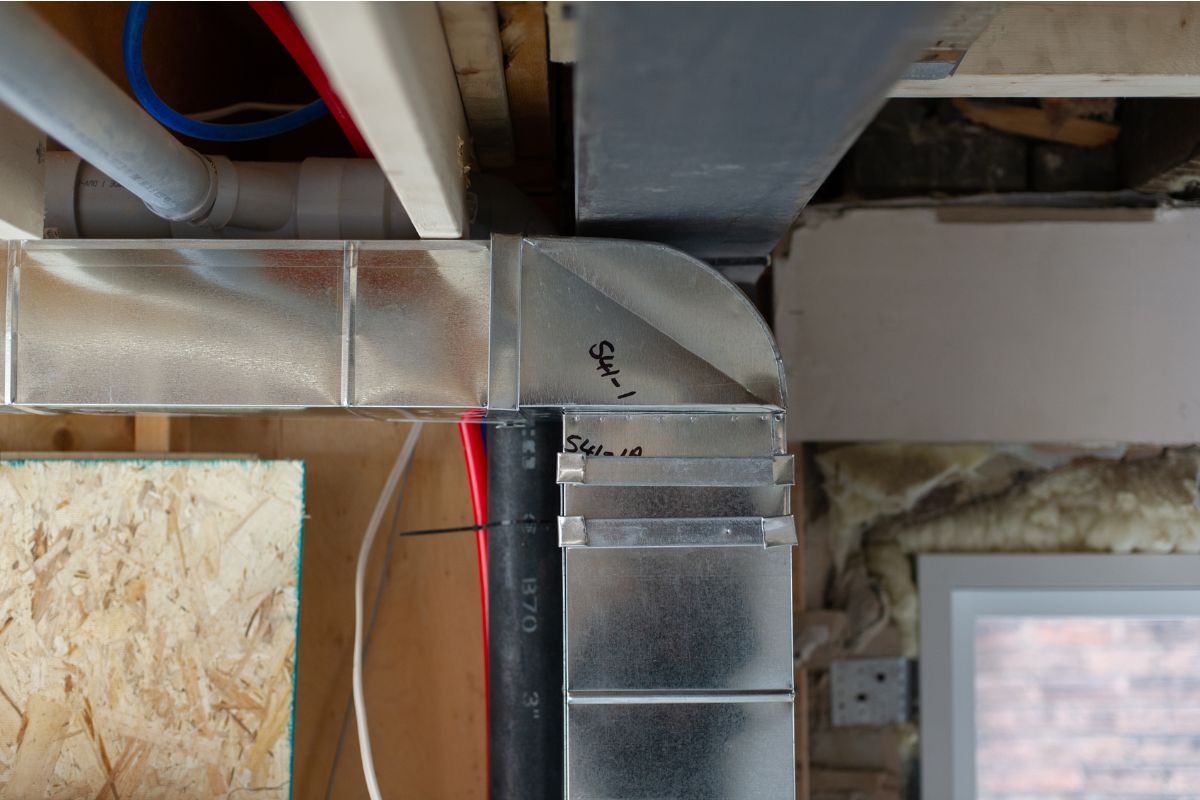HVAC systems are an essential component of every business structure, especially as we approach the winter months of the year. Restaurants, hospitals, schools, hotels, office buildings, and other commercial structures all need high-performance HVAC systems to keep their people comfortable all year-round.
Contents
- What Is a Commercial Heating System, and How Does It Work?
- Different Types of Commercial Heating Systems
- Commercial Heating System Solutions by Air Ideal
What Is a Commercial Heating Unit, and How Does It Work?
Radiators or supply air systems inside the corporate building provide the heating component of the commercial HVAC system. By eliminating polluted air from the building while keeping pure air flowing throughout the space, ventilation is achieved. Through the commercial heating system, air is also circulated throughout the building and eliminates any extra moisture that may be lingering in the air. During the process of ventilation, mechanical equipment such as industrial fans are often employed.
Different Types of Commercial Heating Units
Centralized Heating
A centralized HVAC system is a device that meets the HVAC demands of a commercial building, generally placed in a single location or zone. These systems often utilize water as a cooling medium and utilize the power of air ducts to distribute clean air throughout the building. One of the advantages of adopting a centralized system is that it is relatively simple to operate. These systems do, however, require significant amounts of commercial HVAC maintenance throughout the year to maintain their performance.
Packaged Heating
Packaged HVAC systems are housed in one unit, and they are more likely to be found in commercial buildings. Packaged units use thermostats and RBM controls to manage the system, as well as optional features including air quality improvers, purifiers, and ventilators.
Decentralized Heating
Decentralized HVAC systems are frequently referred to as individual HVAC systems. These commercial heating devices use many separate units, such as VRF split systems, in various parts of the building to provide heating, cooling, and ventilation for the building. Individual HVAC systems include roof top units, AC units for offices or rooms, and ventilation systems.
Commercial Heating Solutions by Air Ideal
Commercial buildings have different issues in terms of heating, cooling, and ventilation than residential structures. As a result, it’s critical to find a professional that is familiar with the operation of commercial heating systems. To learn more about the commercial heating system solutions that are right for your building, contact the Air Ideal team today for more information.



